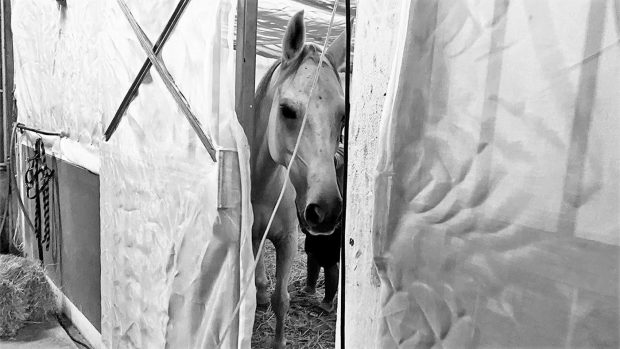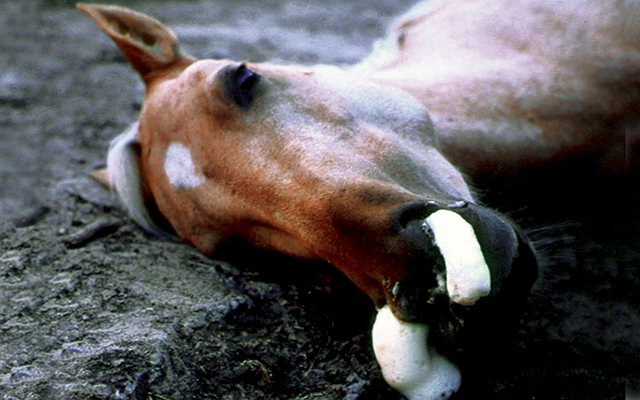Advice on spotting signs of African horse sickness (AHS) and how to protect against the insects that carry the disease was launched by Defra at last week’s National Equine Forum.
AHS, caused by a virus transmitted by midges, kills 90% of the horses it infects. Though it has not reached the UK, a group led by the Horse Trust has been working on a plan to tackle the illness should it reach northern Europe.
Speaking at the forum on 31 March, Horse Trust chief executive Paul Jepson said he was delighted with the progress being made on the plan and in producing a new AHS vaccine.
“Merial, who are developing the vaccine, have proved the prototype works — but it’s still a quantum leap from producing a vaccine for general use,” he said.
While an AHS vaccine is currently available it can, in rare cases, infect a horse rather than prevent infection.
Portugal and Spain suffered AHS outbreaks from 1987 to 1990, and although Europe has been clear since, experts are concerned as AHS mirrors bluetongue in its transmission.
- View the African Horse Sickness advice
This news story was first published in Horse & Hound (9 April, ’09)




